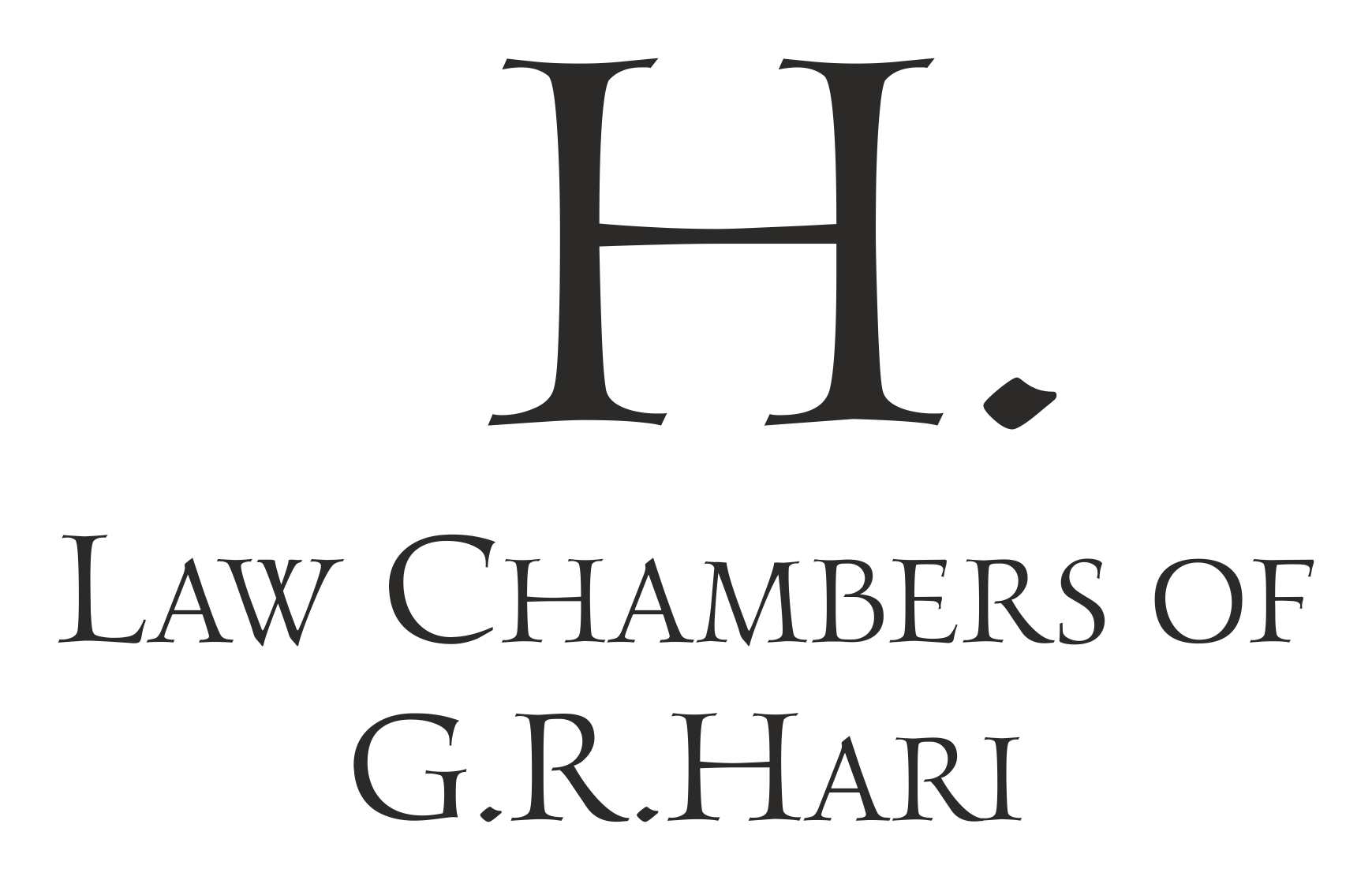It is the settled provision position of law that civil and criminal proceedings have an entirely different standard of proof and usually the result of one does not affect the other. However, it is also an established principle of law that the standard of proof required in a civil proceeding is much lower compared to that of a criminal proceeding.
What happens when the material available against the delinquent officer is insufficient to make out even a charge under the departmental proceedings; and when the same officer is required to face prosecution under the prevention of corruption act or under the penal code? We Are to see whether the exoneration in the department till proceedings would be of any use to the delinquent officer in the Criminal forum.
The answer is in the decision of the Apex Court in the case of Ashoo Surendranath Tewari v. CBI, (2020) 9 SCC 636 authored by Hon’ble Justice R.F. Nariman, J. The facts of the case is that the Central Vigilance Commission had found a particular officer was negligent, but his actions did not amount to any criminality. However, the prosecution came to be launched against the officer. The Supreme Court intrinsically relied on the decision of Radheshyam Kejriwal case (2011) 3 SCC 581 to rule when the CVC had exonerated the accused, the chances of conviction by the criminal court is bleak.
The extract from the decision of Ashoo Surendranath Tewari v. CBI, (2020) 9 SCC 636 is as follows:
12. After referring to various judgments, this Court then culled out the ratio of those decisions in para 38 as follows: (Radheshyam Kejriwal case [Radheshyam Kejriwal v. State of W.B., (2011) 3 SCC 581 : (2011) 2 SCC (Cri) 721] , SCC p. 598)
“38. The ratio which can be culled out from these decisions can broadly be stated as follows:
(i) Adjudication proceedings and criminal prosecution can be launched simultaneously;
(ii) Decision in adjudication proceedings is not necessary before initiating criminal prosecution;
(iii) Adjudication proceedings and criminal proceedings are independent in nature to each other;
(iv) The finding against the person facing prosecution in the adjudication proceedings is not binding on the proceeding for criminal prosecution;
(v) Adjudication proceedings by the Enforcement Directorate is not prosecution by a competent court of law to attract the provisions of Article 20(2) of the Constitution or Section 300 of the Code of Criminal Procedure;
(vi) The finding in the adjudication proceedings in favour of the person facing trial for identical violation will depend upon the nature of finding. If the exoneration in adjudication proceedings is on technical ground and not on merit, prosecution may continue; and
(vii) In case of exoneration, however, on merits where the allegation is found to be not sustainable at all and the person held innocent, criminal prosecution on the same set of facts and circumstances cannot be allowed to continue, the underlying principle being the higher standard of proof in criminal cases.”
13. It finally concluded: (Radheshyam Kejriwal case [Radheshyam Kejriwal v. State of W.B., (2011) 3 SCC 581 : (2011) 2 SCC (Cri) 721] , SCC p. 598, para 39)
“39. In our opinion, therefore, the yardstick would be to judge as to whether the allegation in the adjudication proceedings as well as the proceeding for prosecution is identical and the exoneration of the person concerned in the adjudication proceedings is on merits. In case it is found on merit that there is no contravention of the provisions of the Act in the adjudication proceedings, the trial of the person concerned shall be an abuse of the process of the court.”
14. From our point of view, para 38(vii) is important and if the High Court had bothered to apply this parameter, then on a reading of the CVC report on the same facts, the appellant should have been exonerated.
15. Applying the aforesaid judgments to the facts of this case, it is clear that in view of the detailed CVC order dated 22-12-2011, the chances of conviction in a criminal trial involving the same facts appear to be bleak. We, therefore, set aside the judgment [Ashoo Surendranath Tewari v. CBI, 2014 SCC OnLine Bom 5042] of the High Court and that of the Special Judge and discharge the appellant from the offences under the Penal Code.
Ashoo Surendranath Tewari v. CBI, (2020) 9 SCC 636
The Radheshyam Kejriwal v. State of W.B., (2011) 3 SCC 581 was a case wherein the prosecution of the Enforcement Directorate came under scanner of the Supreme Court. The Apex Court held that when the Adjudication Authority, which required a lesser standard of proof was convinced that there is no violation of the Act, where is the possibility of a conviction under criminal law.

Leave a Reply